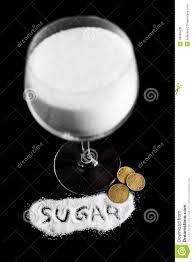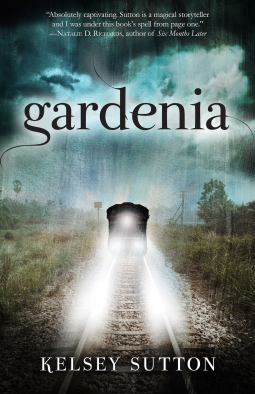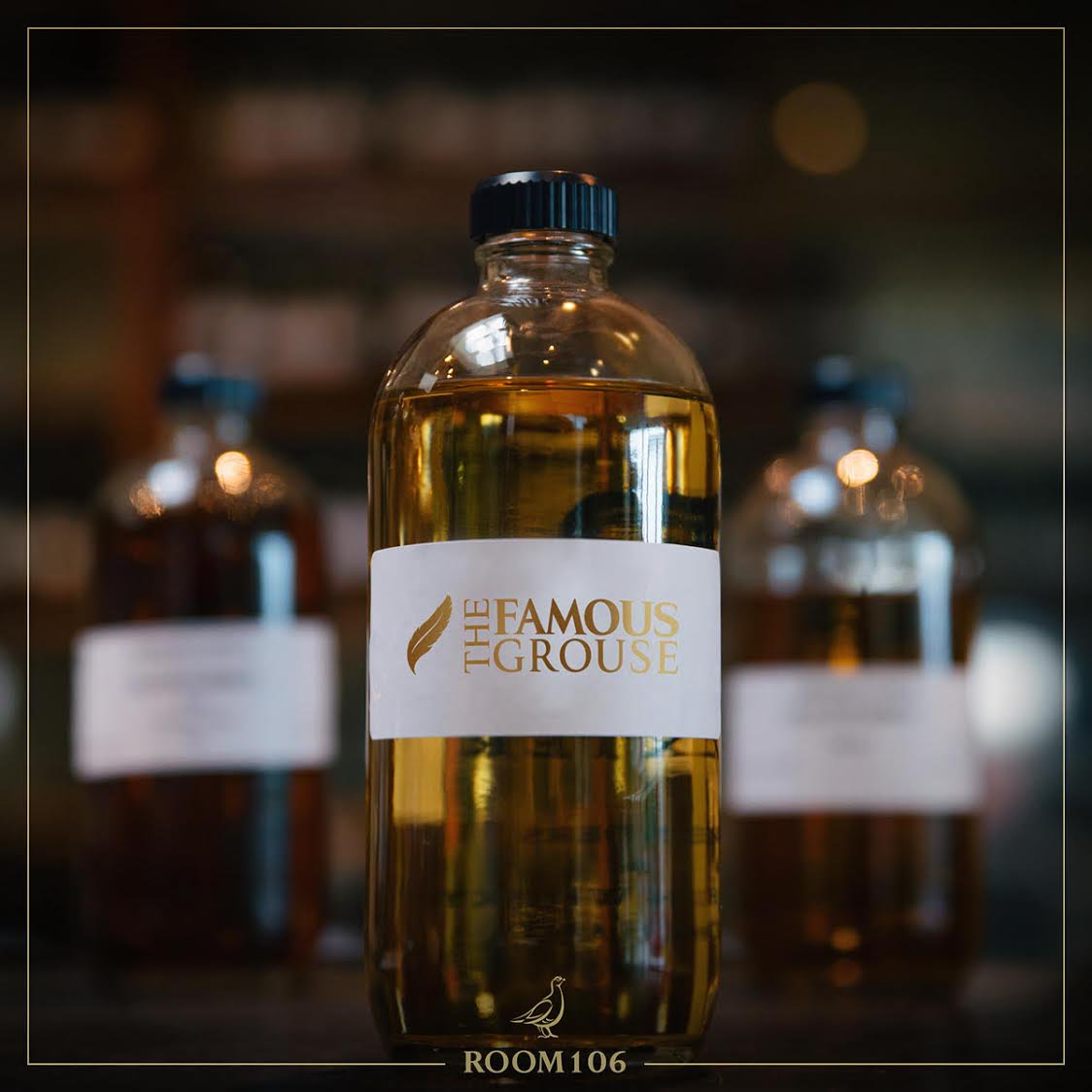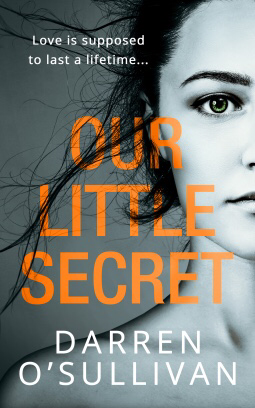
The story behind the story of Sugar Money seems the usual hokum of a neighbour digging out an unpublished manuscript which turns out to be the extraordinary story of Lucien, a ten-year old slave boy. How he and his elder brother Emile, in a few weeks in December, 1765, got involved in a remarkable attempt to liberate slaves from slavery and bring them back into, em, slavery. Read the title again and you’ll understand – money. When money is involved greed talks.
Rabbie Burns, despite his talk about love being like a red, red, rose would understand. He planned to emigrate to the West Indies and make his fortune. And a regiment of Glasgow Greys were stationed in Grenada and play a key part in the novel’s plot.
For Father Cleopas, of St Pierre, Martinque, Western Antilles, les Freres de la Charite, it’s all black and white. His order of friars had taken out loans to purchase slaves to help tend the sick in the hospital they maintained on a sister island in Grenada, but the order of friars were reliant on the wealth created by the slave labour working the plantations initially growing indigo, later sugar cane. Even more money could be made by distilling sugar cane into rum. That required even more labour. Father Cleopas’s solution was to steal slaves from other slave owners. His reasoning was even thought the English had conquered Grenada the slaves were not part of the island but part of The Brothers’ of Charity property portfolio. Father Cleopas created a document and gave it to Emile, who is illiterate, as justification for his theft and tells him that it has been signed by the English Colonial Governor on Grenada. Illiterate does not mean stupid. Emile does not believe Father Cleopas, but he’s been told, like a mulatto Moses, go and gather together 42 slaves and all there descendants and I’ll arrange a ship and we’ll bring them home. Home, of course, is a nebulous idea.
Lucien the first-person narrator imagines it as a big adventure. Emile tries to talk Father Cleopas out of taking Lucien with him, asks a friendly French soldier to take him off the yawl they are travelling on before they leave harbour and asks the supposedly deaf and dumb English sailor of the boat to take him back to Martinque. The narrator thinks his big brother is treating him as a child, part of the charm is Lucien puffing himself up to be a man. Emile simply wants to save his brother. He knows better than most he’s been sent on a suicide mission. He tries to talk sense into him by about ‘How many runaway stories you heard about in Grenada?’ Then give him a dose of reality.
Sharks…Nowhere safe to paddle that’s close enough. All those islands owned by the Beke and no matter be they French or English, Spanish or Dutch, they all have us under the yoke.
To be black is to be less valuable than a cow Lucien later works out for himself. The great escape attempt is peopled by real characters. Just because they’re black doesn’t make them novel savages. Saturnin, the overseer, for example, organises a group of young and fit slaves, mainly men, but some women that can travel swiftly on foot around the island and they are prepared to leave the old and sick and nursing mothers behind to fend for themselves. Survival of the fittest.
Emile makes it clear that he’ll help whoever wants to escape and he’ll travel with the slow-moving party, but everyone must make their own mind up whether they want to take the chance of being caught and punished.
When a man in a thing, punishment can come in many forms. Rape of women, mulatto children such as Lucien and Emile are the product of greed and seed. Stripping of a man’s back with metal-tipped whips are a given in their society in which life tends to be nasty, brutish and short. But the English settler or Goddams as they are termed here with spike metal collars on slaves, missing hands and fingers, stumps for arms, ears nailed to wooden doors and having men shitting in other men’s mouths and wiring the jaw shut for several days tends to make anywhere else a better deal, even breaking bread with the lecherous, rapist, greedy Brothers of Charity on Martinique. It’s a heart of darkness scenario, in short, the kind Joseph Conrad later wrote about in the nineteenth century Belgian Congo.
Jane Harris turns over the rock of the world of them and us. Her boyish narrator thinks he can save the world. Ah, poor, deluded soul, with nowhere to run, it’s an adventure story of last man standing, but more than that it’s a morality play. We no longer whip black people do we? We no longer lock black people up in cages do we? We no longer make the poor labour and toil endless hours to feed the rich, do we? Of course not. That’s all gut-rot ideas and Sugar money.
Advertisements Share this:




